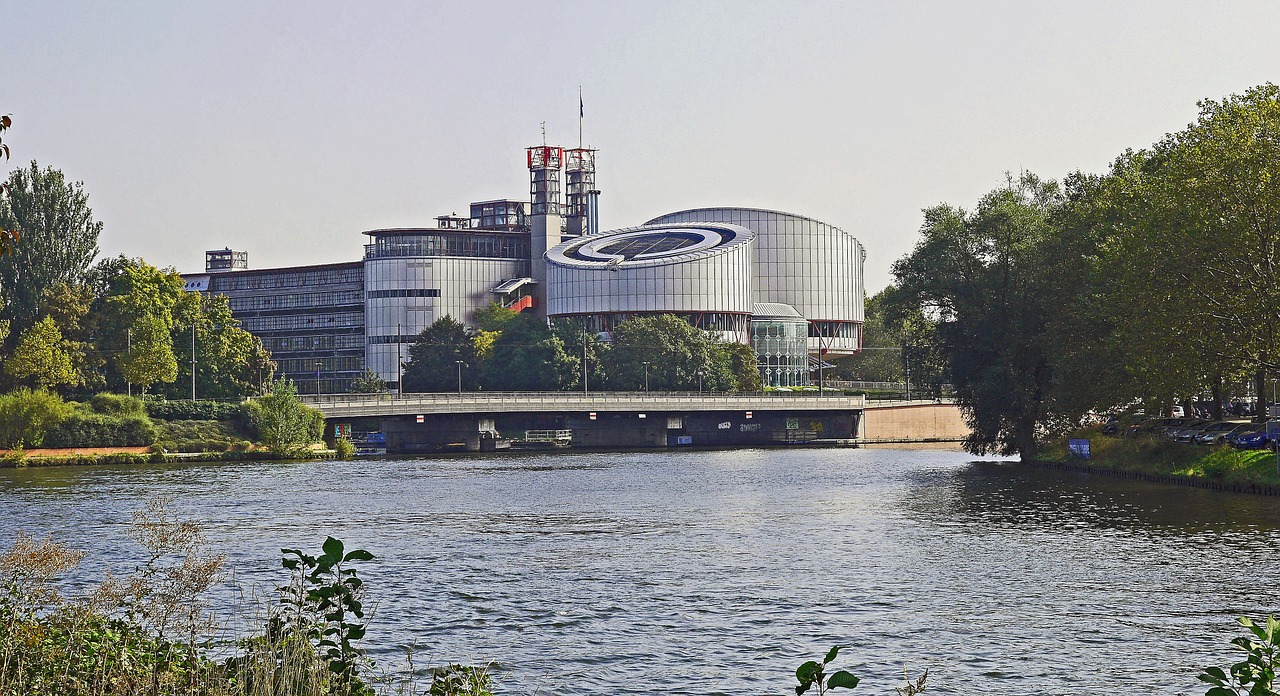ECtHR: Danish ban on commercial surrogacy violated children’s rights

Denmark’s outright ban on adoption in the context of a commercial surrogacy agreement violated the rights of two children born to a surrogate mother, the European Court of Human Rights (ECtHR) has ruled.
The court found by 4–3 that there had been a violation of Article 8 as regards the right to respect for the private lives of the two applicant children, though also held unanimously that there had been no violation of the intended mother’s rights.
Background
The applicants, K.K., C1 and C2, are Danish nationals who were born in 1967, 2013 and 2013 respectively and live in Copenhagen. K.K. is the mother of the other two applicants, who are twins.
In December 2013 a surrogate mother in Ukraine gave birth to C1 and C2 following a surrogacy agreement with the intended parents of the children, K.K. and her husband, who was the biological father. The birth certificates registered K.K. and her husband as the parents. In February 2014 the children were brought to Denmark.
Although K.K. was not recognised as the mother under Danish law, she was given joint custody of the children. The children were given Danish citizenship through their father.
K.K. also applied to adopt the children. That application was refused in February 2014 for the reason that she had lived in Denmark with the children only for four days. That decision was upheld in 2016 by the National Social Appeals Board. K.K. took a case before the courts against that decision.
In November 2020, the Danish Supreme Court found against K.K. in a 4–3 split decision. It noted the payment of €32,265 to the clinic in Ukraine and the surrogate mother’s consent to the adoption, and therefore held that the adoption ran counter to legislation banning adoption in cases where consent had to be given by someone who had been paid.
European Court of Human Rights
Relying on Article 8 (right to respect for private and family life), the applicants complained that the Supreme Court’s judgment had infringed their rights. The application was lodged with the ECtHR in May 2021.
The ECtHR found that the three applicants and the children’s father had lived together since coming to Denmark and are Danish citizens. As such, they had had no practical difficulties in enjoying family life together, and there had been no violation of Article 8 in that regard.
The court also noted that it had already established in Mennesson v. France (no. 65192/11) that K.K.’s right to respect for her private life, i.e. her right to personal development through her relationship with the children and continuing that relationship with them, was outweighed by the public interests at stake.
Accordingly, there had been no violation of Article 8 with regard to K.K.’s right to respect for her private life.
However, in regards to the child applicants, the court observed that the ban on adoption where payments had been made had meant there was no legally recognised parent-child relationship between the children and K.K.
The court said respect for the child’s private life, although it may not require registration of the mother on the birth certificate, might call for some other measure enabling legal recognition, such as adoption, to be permitted.
The lack of a legally recognised parent-child relationship placed the children in an uncertain legal position as regards, for example, inheritance. The measures taken by the Danish authorities had not compensated for this.
Reiterating that the interests of the child were paramount in such cases, the court found that the Danish authorities had failed to strike a balance between the interests of the children in this case and the societal interests in limiting the negative effects of commercial surrogacy. There had therefore been a violation of Article 8 as regards the resect for the private lives of C1 and C2.
The Chamber held, by four votes to three, that Denmark was to pay the second and third applicants €5,000 each in respect of non-pecuniary damage.







